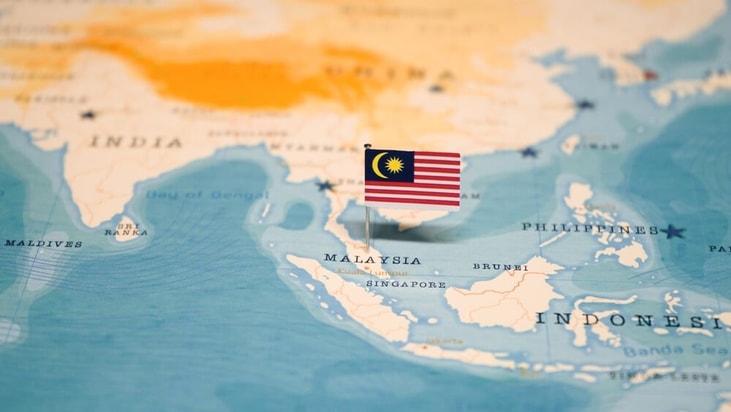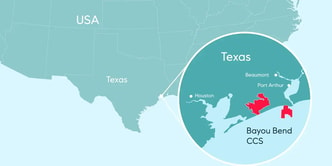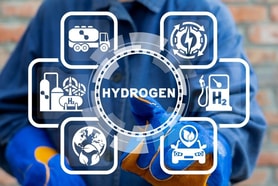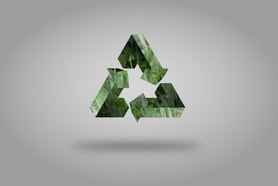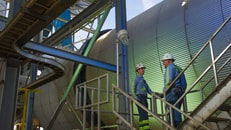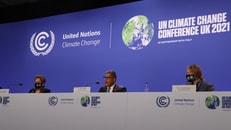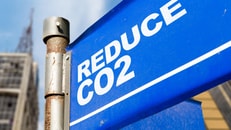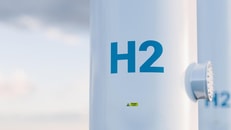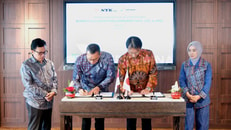Baker Hughes and Petronas link to invest in clean tech in Malaysia
Energy technology company Baker Hughes and Malaysian oil and gas company Petronas will jointly explore business initiatives that could support the demands of Asia’s energy expansion and transition.
Under a memorandum of understanding, the partners will investigate the potential for developing sustainable energy outputs including carbon capture, utilisation and storage, as well as lubricants and biofuels for the turbomachinery supply chain.
The companies also plan to strengthen the local supply chain for liquefied natural gas services and will identify areas that could benefit from applying digital solutions, including artificial intelligence.
“[This partnership will drive] project delivery, decarbonisation, supply chain resilience, and technology adoption,” said Mohammed Yusri Mohamed Yusof, Senior Vice-President of Projects, Technology & Health, Safety, Security & Environment at Petronas.
... to continue reading you must be subscribed

